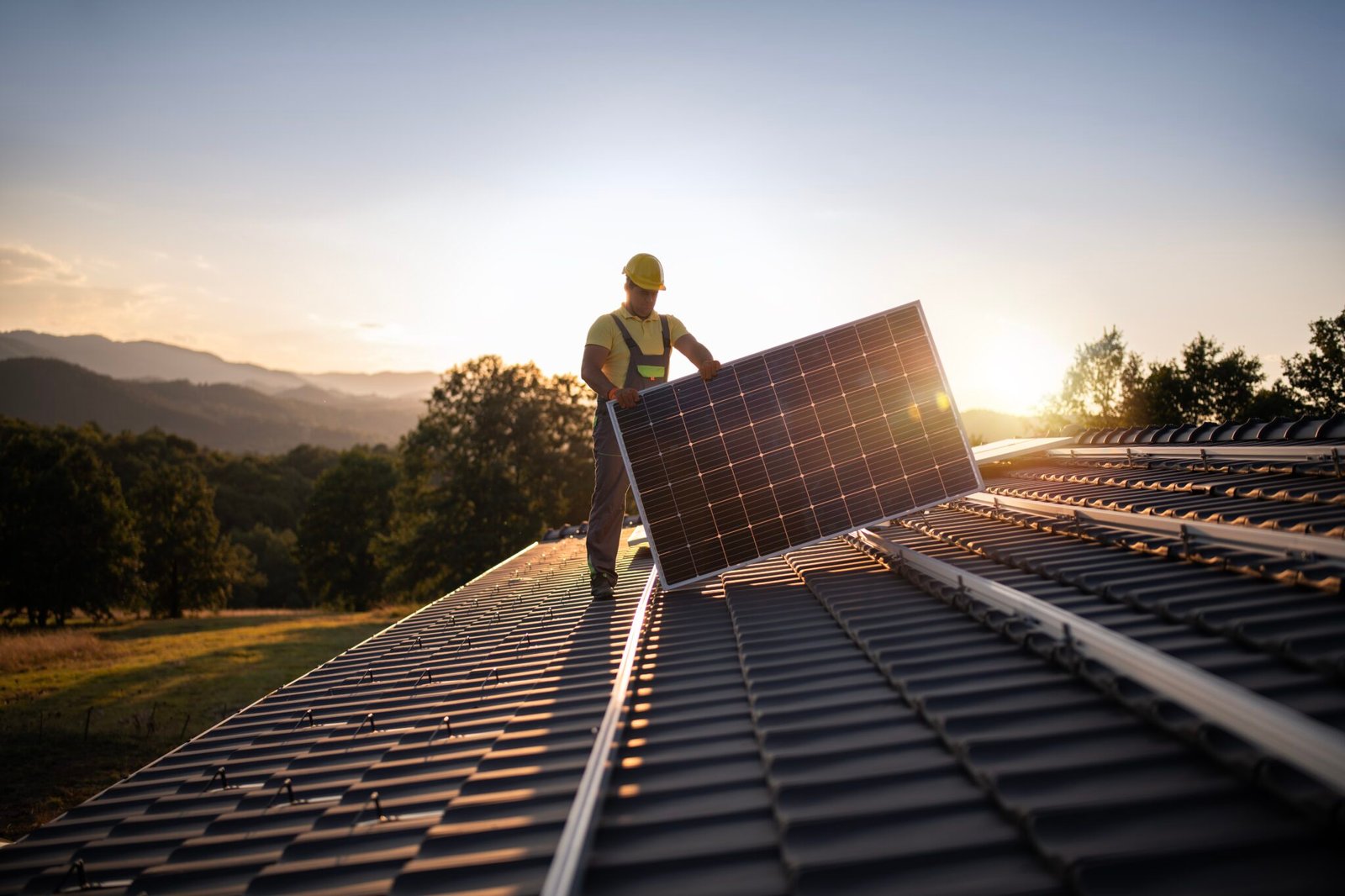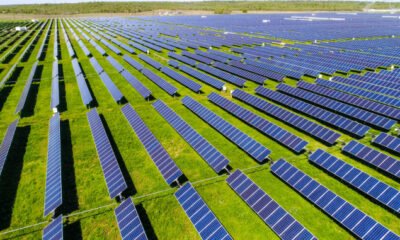Business
Republicans Cut the ‘Green New Scam,’ Boosting Red State Prosperity

WASHINGTON — Clean energy advocates express confusion over the repeal of tax credits within President Trump’s recent legislation, questioning how it will maintain domestic production in key states that supported his election.
Some Republicans have criticized these tax incentives, labeling them a “green new scam.” However, research indicates that the elimination of these credits could jeopardize job growth and economic benefits in predominantly Republican districts. The industry is already experiencing a slowdown amid Trump’s inconsistent tariff policies and ambiguous messaging regarding energy manufacturing.
In a speech in early April, Trump pledged to “supercharge our domestic industrial base,” asserting that jobs would return to the U.S. and highlighting progress in trade policy.
To fund a $3.9 trillion extension and expansion of tax cuts initiated in 2017, House Republicans proposed cutting numerous clean energy tax incentives established by the 2022 Inflation Reduction Act.
Critics argue that the passing of the GOP-led bill, approved by a narrow margin of 215-214 on May 22, threatens vital credits including the Advanced Manufacturing and Production Credit, essential for battery and solar component production in states like North Carolina, Georgia, and Michigan.
Ongoing negotiations in the U.S. Senate aim to reshape the budget reconciliation legislation. Kevin Doffling, CEO of Project Vanguard, warns that discontinuation of clean energy tax credits could hinder U.S. advances compared to international competitors, particularly China.
Doffling noted that such changes would lead to diminished investments in advanced manufacturing within the U.S. instead of encouraging domestic sourcing.
The tax credits introduced under the Inflation Reduction Act incentivized investments in renewable energy, notably supporting homeowners, automakers, and energy producers in moving away from fossil fuels. For instance, credits for battery cell manufacturers can yield significant financial benefits, optimized per unit produced.
Most of these credits are set to expire by 2032, yet critical mineral mining credits remain unaffected. House Republicans have sought to limit the longevity of these incentives, including those for critical mineral extraction, despite their classification as vital to national security.
The new bill also imposes stringent restrictions on foreign components in clean energy production, complicating the use of these credits given the global nature of the supply chain. Additionally, adjustments to transferability regulations will impact companies with minimal tax liabilities unable to leverage tax credits effectively.
The Clean Investment Monitor reports a leap in clean energy investments, totaling $115 billion since August 2022, in contrast to only $21 billion prior to the Act’s passage. This reflects a substantial uptick in production facilities across the U.S., many clustered in Republican-led areas.
Despite this growth, there are signs of a slowdown, with six projects totaling $6.9 billion in investments canceled in Q1 2025. Industry leaders like Troy Van Beek highlight ongoing uncertainties affecting planning and investment, fueled by concerns about the future of tax incentives.
As House Republicans push for drastic changes, some members encourage the protection of clean energy tax credits to prevent negative repercussions for families and the economy. Their efforts to recommend adjustments focus on eliminating stringent foreign entity regulations and maintaining credit transferability.
Looking ahead, business leaders hope the Senate will reinstate essential measures that spurred the recent surge in investment and production in the clean energy sector. The outcome of these negotiations will be crucial for shaping the future landscape of U.S. manufacturing and energy supply.
![Members of the Arizona House of Representatives vote during a third reading of nearly three dozen bills at the Arizona State Capitol on March 4, 2025. [Monica D. Spencer]](https://arizonanews.org/wp-content/uploads/2025/06/SR-347-Secures-53M-in-Third-State-Budget-Draft-Awaiting-400x240.jpg)
![Members of the Arizona House of Representatives vote during a third reading of nearly three dozen bills at the Arizona State Capitol on March 4, 2025. [Monica D. Spencer]](https://arizonanews.org/wp-content/uploads/2025/06/SR-347-Secures-53M-in-Third-State-Budget-Draft-Awaiting-80x80.jpg)
















